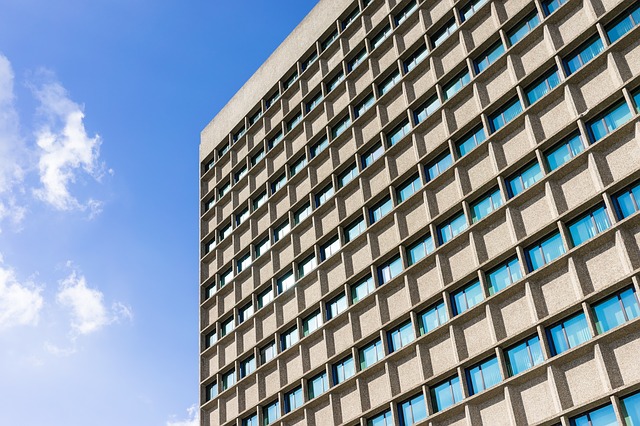More and more South Africans are moving to high-density complexes, where there are rules in place to ensure everyone has a pleasant living experience. One rule that is often very strictly enforced at apartment complexes across the country is the noise volume rule.
Living in close proximity to so many people means that you may find yourself surrounded by the sounds of dogs barking, banging doors, loud music from late-night parties and people arguing.
Speaking to BusinessTech, Bregmans attorneys said that South African law distinguishes between “disturbing noise” and “noise nuisance”.
Disturbing noise is defined as an objective, and is a scientifically measureable noise level, while noise nuisance is a subjective level and disturbs the peace of a person.
“Disturbing noise in an urban environment is governed by municipal by-laws. An example of this kind of noise would be loud music that is played to all hours of the night,” Bregmans said. “Most municipalities have by-laws in place that focus on the level of decibels reached rather than the actual time frame in which noise is made.”
According to Bregmans, noise nuisance happens over a longer period of time. This can include any of the following:
– Dogs that bark incessantly and loudly
– Playing a musical instrument or having a television on loudly
– Operating machinery or power tools
– Shouting and talking loudly
– Operating a vehicle that causes a loud noise
– Driving a vehicle on a public road in a manner that causes a noise nuisance
– The discharge of fireworks in a residential area that cause noise nuisance
The most practical and cost-effective way to deal with noise nuisance would be to approach your neighbour directly and inform them of the problem. Thereafter, it is advisable to work with them to find solutions to the problem.
If you cannot work out an amicable solution with your neighbour, Bregmans advises that you approach a third-party mediator.
Penalties for violating noise by-laws are laid out in Section 9 of the Noise Control Regulations: “any person who contravenes or fails to comply section 4 and 5 and liable on conviction to a fine not exceeding R 20,000.00 or imprisonment for a period not exceeding two years.”
If the neighbourly approach doesn’t work, you are advised to do the following:
– The first option is to lay a complaint with your local authority with a written statement. Law enforcement officials will come around to investigate the problem, and gauge how serious it is.
If necessary, they can instruct that the noise be reduced. If the offenders don’t comply, they can issue a fine, and in extreme cases even confiscate the equipment causing noise nuisance.
– If all the above fail and the noise continues, you should contact your lawyer to request that the neighbour desists. If this fails, an interdict could be issued by a court to stop the noise nuisance. The court will consider whether your neighbour’s actions are unlawful – this includes the type of noise, the times the noise is made and all the efforts made to resolve the matter.
The judge in the case must also be satisfied that the noise has negatively impacted your quality of life, general well-being and your comfort.
“If an interdict is issued and the neighbour persists with the unlawful actions, the neighbour may be found guilty of contempt of court, in which case the court may impose a fine or alternatively imprisonment in serious cases,” Bregmans said.
Picture: Pixabay

